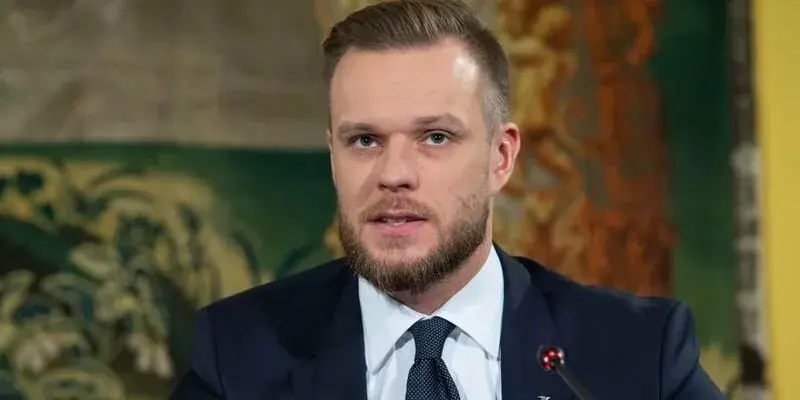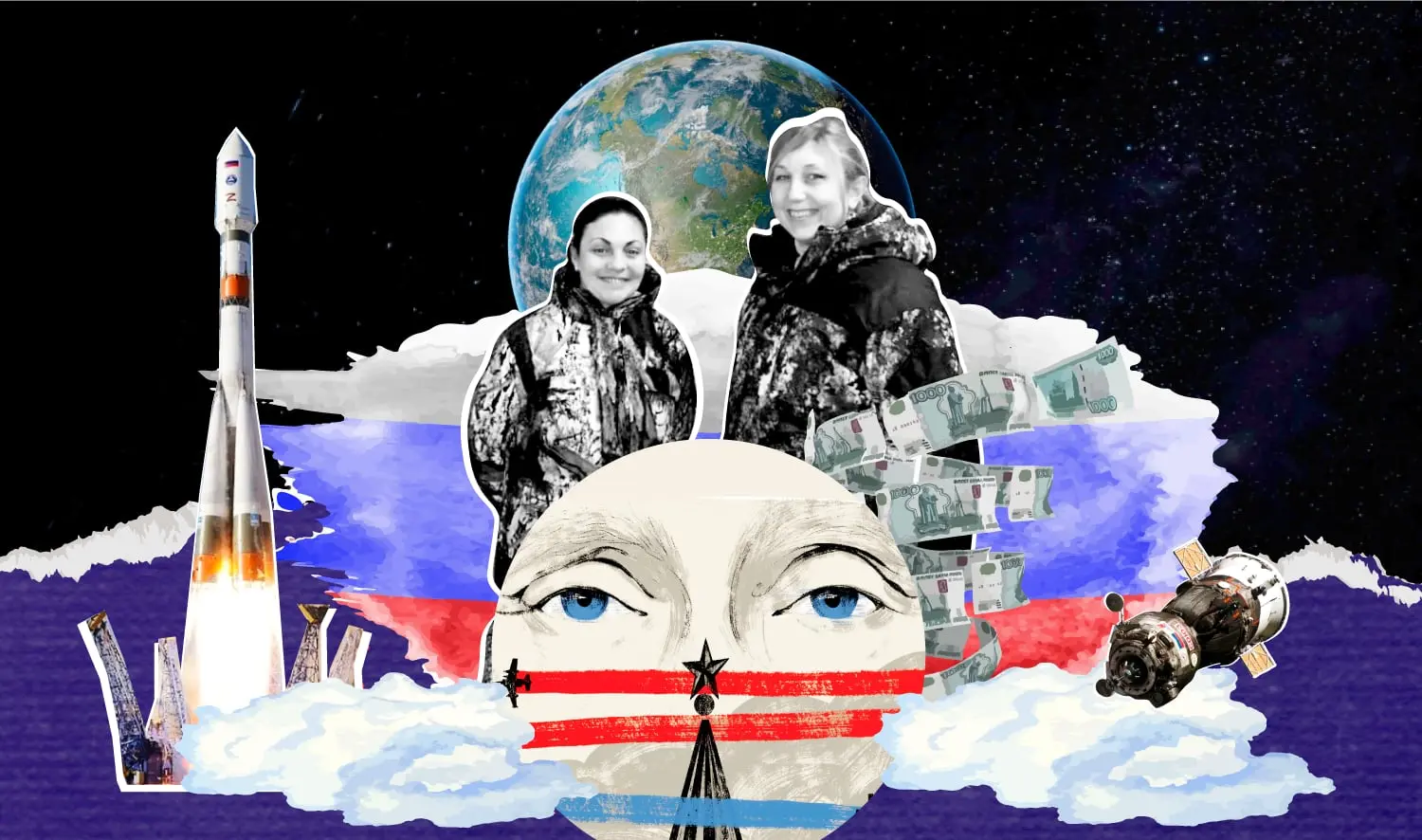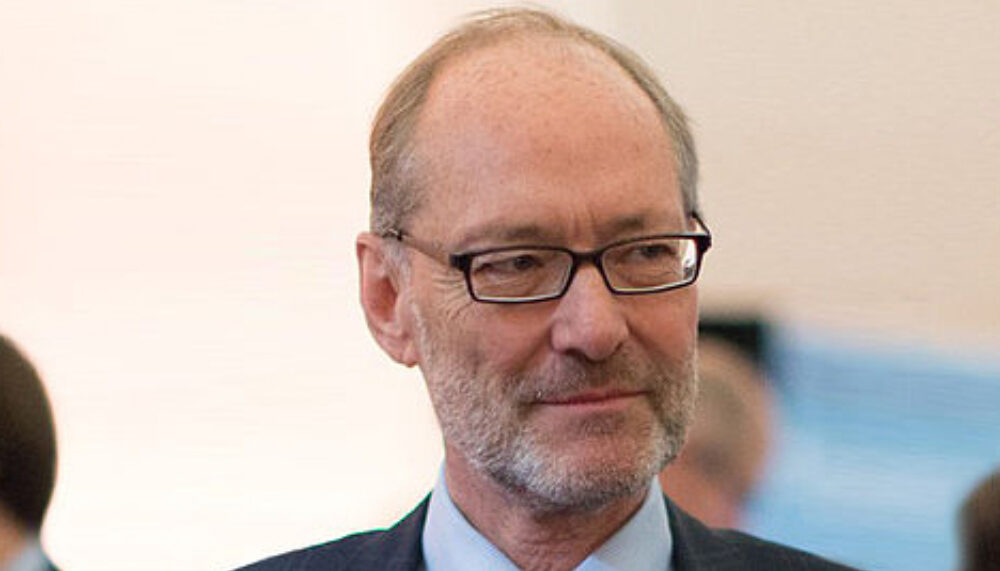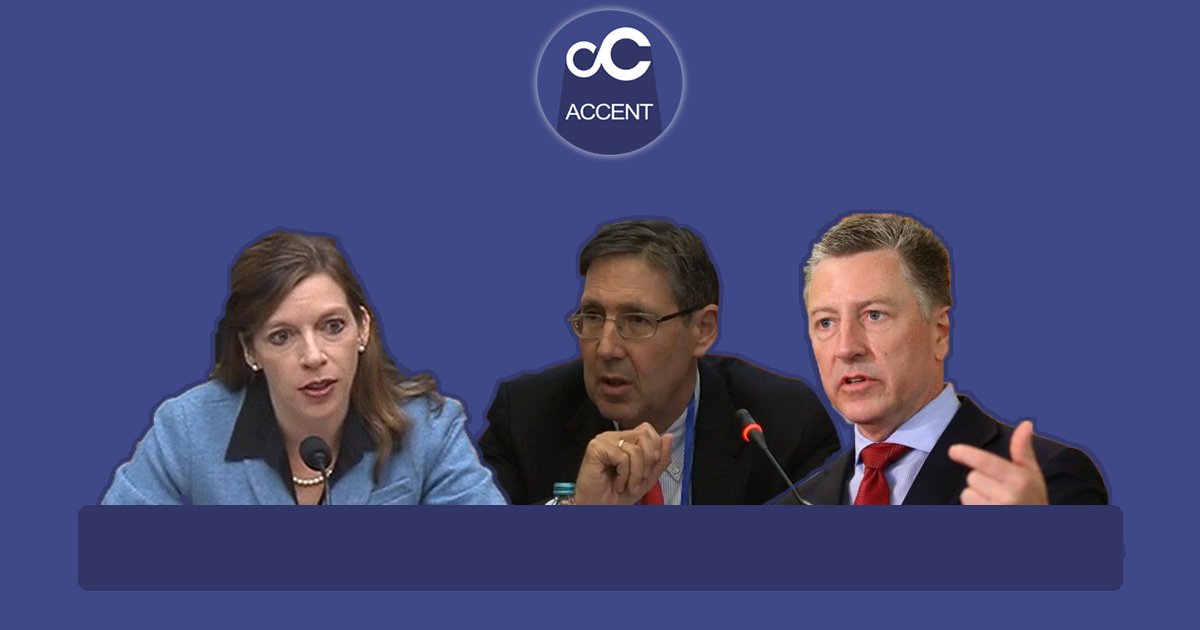
Gabrielius Landsbergis: It feels like silence is settling over Georgia — what is the value of candidate status if Brussels cannot influence the suppression of democracy? This raises the question of whether it might be a farce and whether enlargement is truly real
23/07/2025 11:01:22 Europe, Politic
“We must ask what Europe could have done differently regarding Georgia,” writes former Lithuanian Foreign Minister Gabrielius Landsbergis in his article titled “The End of the Enlargement Dream?”
“Every day, for 237 days straight, in all weathers, the Georgian people have protested against the takeover of their once-democratic and still pro-Western country.
It has become increasingly difficult to gather on Rustaveli Street, but still they gather. Nobody comes to meet them; government windows remain dark during the evening rallies. But the government hasn’t been idling since the rallies began. First, a batch of protesters were detained and jailed. Some as young as 18 have received years-long prison sentences — for “planning terrorist activities.” I met their parents in Tbilisi. They can hardly contain their tears, but most are proud of their children. They say they come from generations of protesters. Grandmothers protested against the Soviet Union, were deported or imprisoned. Now, as if without pause, their descendants are raising similar demands to the pro-Russian Georgian Dream government,” Landsbergis writes.
Landsbergis notes that “initially, many in Georgia and Europe believed that, despite differences, ‘Georgian Dream’ was genuinely interested in Europe.”
“However, elections are no longer representative. Numerous serious violations make it impossible to claim that the Georgian people are given a choice. I sincerely hope that the remaining opposition will not participate in the municipal elections scheduled for this fall,” Landsbergis states.
According to him, “we must ask what Europe could have done differently?”
“Charles Michel, President of the European Council during the last Commission, attempted to build a diplomatic off-ramp for Georgian Dream. Had they changed the laws and halted the backsliding, Brussels would have opened its doors wider. I met the Georgian Prime Minister in the summer of 2021. He seemed genuinely interested in continuing pro-European reforms and was willing to listen to advice. But the pretense was quickly abandoned. The reforms stopped. European advice was rejected. And here we are today,” states the former Lithuanian Foreign Minister.
Landsbergis writes that “Georgians still remember the mood of 2008: Georgia was surely becoming part of NATO and the EU. Now, they feel deceived and discarded. It must be a chilling realization for pro-European communities in other aspiring countries: Ukraine, Moldova, and Armenia.”
“How much is “candidate status” really worth, if a clampdown on democracy can barely shift the needle in Brussels? The question arises: maybe all of this is a charade. Maybe enlargement is not real. Getting real about European enlargement means more than a “very concerned” tweet once in a while, it means taking a clear position when there is progress, it means declaring a timeline and a European commitment to see candidates become members. It also means taking action when there is backsliding. If the EU fails to take action now, the whole region could be lost. Inspiration through strength and commitment could turn back the tide,” Landsbergis notes.









